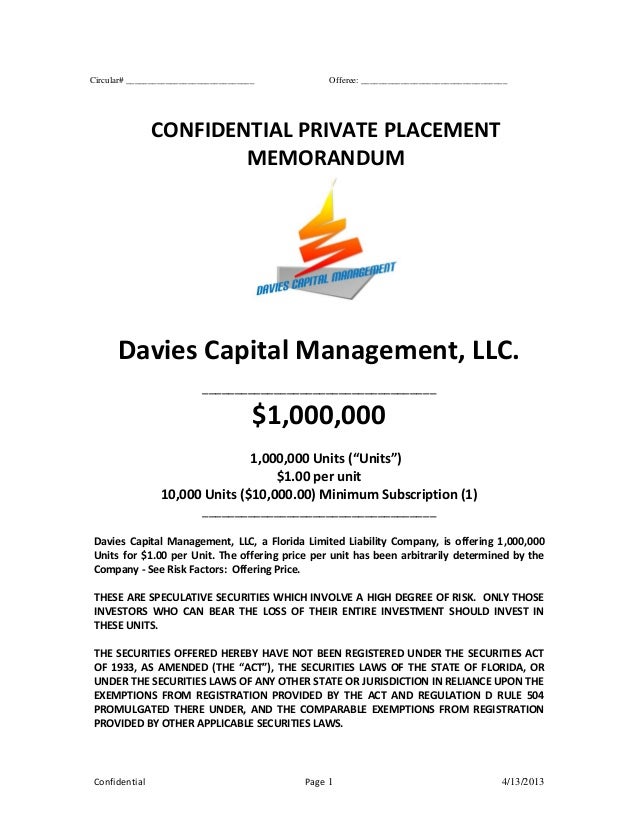

Finally, the court brushed aside the remainder of plaintiff’s allegations as simply generic to state any actual fraud claims - including boilerplate allegations that the company “knew or should have known” it had misclassified the expenses given the magnitude of the impact on gross income, that the alleged expenses concerned the company’s “core operations,” and that the top officers - like officers at every public company - signed Sarbanes-Oxley certifications. The court also rejected plaintiffs’ additional theory that defendants’ failure to provide adjusted EBITDA guidance was further evidence of scienter because the company was not required to disclose that information. It placed significant weight on the company’s explanation of the errors in the restated financials, including that the mistake was identified during an audit, that the misclassification was not the product of any evasion of internal controls or similar misconduct, and that the accounting treatment for the expenses was itself complex and technical and called for substantial judgment under GAAP.

The court also ruled that plaintiff failed to plead that defendants engaged in conscious misconduct, or acted with extreme recklessness, when misclassifying the expenses in their financial statements. And the court rejected plaintiff’s claim that the officers’ stock sales established scienter because the trades were not “unusual or suspicious” in amount or timing, nor unusual when compared to the officers’ prior trading, and also because the trades were undertaken pursuant to Rule 10b5-1 plans. First, the court dismissed plaintiff’s allegations that defendants were motivated to misclassify certain expenses to help the company close a financing as it was too generic to state a fraud claim, i.e., the allegations “suggest nothing more than the ordinary motives possessed by virtually all corporate insiders.” Plaintiff’s theory that defendants were motivated to attract a specific investment and partnership opportunity also failed because that claim was not supported by the necessary allegations that the misclassification had any particular impact on the counterparty’s decision to invest in and partner with the company - nor could those allegations ever be made because the counterparty closed the transaction after the company restated the financials to disclose the misclassification error. The court flatly rejected plaintiff’s theory that defendants had the “motive and opportunity” to commit fraud. In a well-reasoned, 39-page decision, the court adopted all of defendants’ arguments why the case must be dismissed because plaintiff failed to meet its burden under the Exchange Act to plead scienter.

Specifically, plaintiff claimed that the company misclassified certain fuel delivery expenses as research and development expenses by an aggregate of $80.7 million between 20, in order to, among other things, raise capital in a secondary offering, attract a particular investment and partnership opportunity, and allow its officers to sell their shares at an inflated price. In its complaint, plaintiff alleged that statements about the company’s financials that were restated constituted securities fraud under Sections 10(b) and 20(a) and Rule 10b-5 of the Securities Exchange Act of 1934.

Although a restatement may be viewed as an acknowledgment of a prior material error, the decision confirms that a restatement alone is insufficient to plead securities fraud. Plaintiff brought suit after the company issued a restatement of previously issued financial statements due to errors in accounting. and certain of its officers, who were represented by Goodwin in the litigation. District Judge Edgardo Ramos of the Southern District of New York dismissed a putative securities class action against Plug Power Inc.


 0 kommentar(er)
0 kommentar(er)
